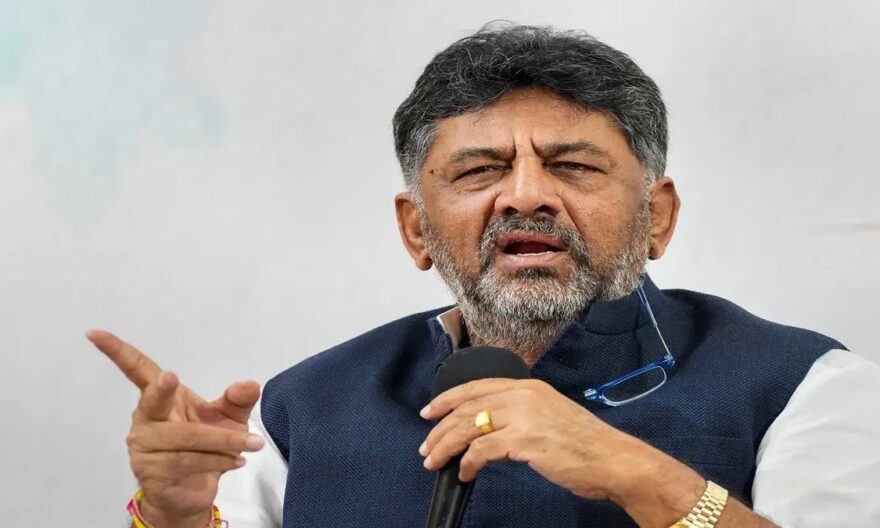
The Karnataka High Court recently dismissed a plea filed by Karnataka Congress chief DK Shivakumar challenging the Karnataka government’s decision to grant permission to the Central Bureau of Investigation (CBI) to investigate the alleged offences committed by him under the Prevention of Corruption Act.
Although the assailed order used the word “sanction,” Justice K Natarajan pointed out that it was simply an executive order giving consent to the CBI under the Delhi Special Police Establishment Act.
“Though in the impugned order it mentioned as sanction was accorded but literally it is only a consent and it is not a sanction and it is only a simple executive order by giving consent to the CBI for investigating the matter as against the petitioner,” the Court stated.
Senior Advocate Uday Holla for Shivakumar contended that the State government had not applied its mind to the CBI-approved order.
He argued that there must be sufficient reasons to authorize the CBI to investigate the case, and he emphasized that in passing the order, the government simply narrated the contents of a letter issued by the Enforcement Directorate (ED) and referred the case to the CBI, which registered the FIR.
Special Public Prosecutor for the Kerala government argued that the order passed under section 6 of DSPE Act is not a sanction order but is only a consent given to the CBI to investigate the matter.
An FIR was registered against DK Shivakumar on October 3, 2020 alleging that his assets increased disproportionately from 2013 to 2018.
According to the FIR, Shivakumar and his family had assets worth 33.92 crore in April 2013, but by 2018, they had acquired assets worth 128.6 crore, bringing their total assets to 162.53 crore as of April 30, 2018.




